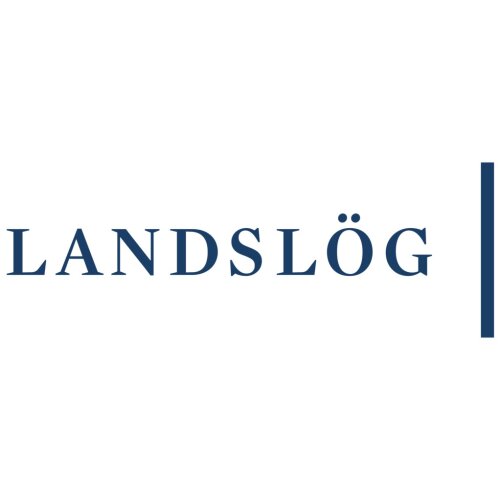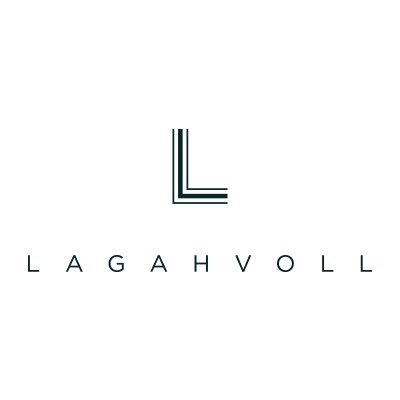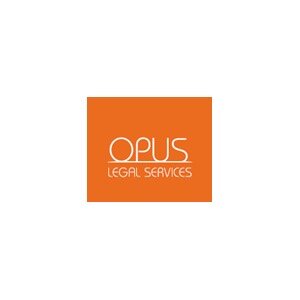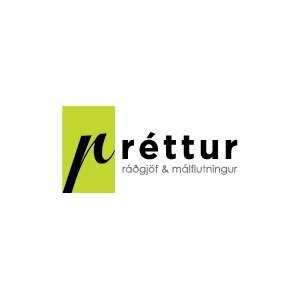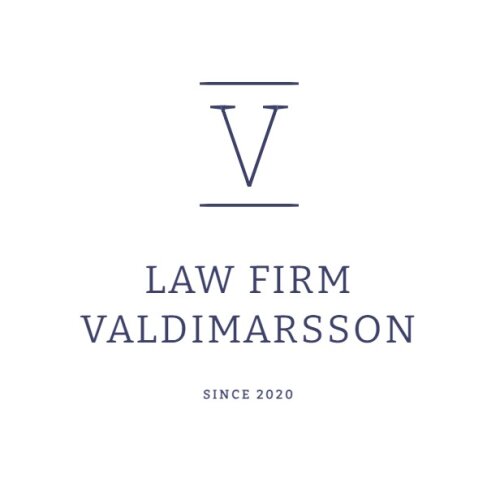Best Employer Lawyers in Reykjavik
Share your needs with us, get contacted by law firms.
Free. Takes 2 min.
List of the best lawyers in Reykjavik, Iceland
About Employer Law in Reykjavik, Iceland
Employer law in Reykjavik, Iceland encompasses a wide range of legal regulations that govern the relationship between employers and employees. These legal frameworks ensure that both parties fulfill their duties and obligations, promoting a fair, safe, and productive working environment. Key areas include employment contracts, workplace safety, employee rights, termination procedures, and discrimination laws.
Why You May Need a Lawyer
There are several situations where an individual or a business might need legal help in matters related to employment in Reykjavik, Iceland. Common scenarios include:
- Drafting or reviewing employment contracts to ensure they are legally binding and equitable.
- Handling disputes related to wrongful termination or unjust dismissal claims.
- Addressing issues of workplace harassment, discrimination, or unfair treatment.
- Guidance on compliance with local labor laws and regulations.
- Assistance with collective bargaining agreements and union relations.
- Representation in employment-related litigation or legal proceedings.
Local Laws Overview
Key aspects of employment law in Reykjavik, Iceland, which every employer and employee should be aware of, include:
- Working Hours: The standard working hours are typically 40 hours per week. Overtime must be compensated according to the law.
- Minimum Wage: Iceland sets minimum wage standards through collective agreements, ensuring fair pay across various sectors.
- Employment Contracts: All employment relationships must be formalized through written contracts outlining the terms and conditions of employment.
- Termination Procedures: Employers must follow strict procedures when terminating an employee, including providing appropriate notice and reasons for termination.
- Employee Rights: Employees have the right to a safe working environment, paid leave, maternity/paternity leave, and protection against discrimination.
- Workplace Safety: Employers are required to adhere to stringent health and safety regulations to minimize workplace hazards.
Frequently Asked Questions
What is the minimum working age in Reykjavik, Iceland?
The minimum working age in Reykjavik, Iceland is 15 years old. However, there are additional restrictions and protections for young workers under the age of 18.
Are employment contracts mandatory in Reykjavik, Iceland?
Yes, employment contracts are mandatory and must be in written form, detailing the rights and obligations of both the employer and employee.
How is overtime compensated?
Overtime work must be compensated at a higher rate than regular working hours, typically at least 25-50% above the standard pay rate depending on the employment agreement or collective bargaining agreements.
What protections are there against unfair dismissal?
Employees are protected against unfair dismissal under Icelandic law. Employers must provide a valid reason for termination and adhere to specific procedures, including notice periods.
What are the employee rights regarding maternity and paternity leave?
Icelandic law provides for generous maternity and paternity leave, ensuring that both parents can take time off work with pay to care for their newborn children.
What should I do if I face workplace discrimination?
If you face workplace discrimination, it is advisable to consult a lawyer immediately. You may also report the issue to the Directorate of Labour or relevant authorities.
Are non-compete clauses enforceable in Reykjavik, Iceland?
Non-compete clauses may be enforceable if they are reasonable in scope and duration. However, they must be clearly outlined in the employment contract.
Can employees join a union?
Yes, employees have the right to join a union or be part of collective bargaining agreements. Unions play a significant role in negotiating working conditions and wages.
What is the standard probationary period for new employees?
The probationary period for new employees can vary but is typically up to three months. During this period, both the employer and employee can terminate the employment with shorter notice.
How can an employer ensure compliance with health and safety regulations?
Employers must implement and maintain health and safety management systems, conduct regular risk assessments, and provide necessary training to employees to ensure a safe working environment.
Additional Resources
For additional support and information, you can reach out to the following resources:
- Directorate of Labour (Vinnumálastofnun): The primary governmental body overseeing labor market issues and regulations.
- Confederation of Icelandic Employers (Samtök atvinnulífsins): An organization representing the interests of employers in Iceland.
- Icelandic Confederation of Labour (Alþýðusamband Íslands): The national trade union center, representing workers’ rights and interests.
- Icelandic Bar Association: Provides a directory of qualified lawyers specializing in employment law.
- Ministry of Social Affairs: Oversees social issues, including labor laws and employment regulations.
Next Steps
If you need legal assistance regarding employment issues in Reykjavik, Iceland, follow these steps:
- Identify Your Issue: Clearly define the employment issue or concern you are facing.
- Consult a Lawyer: Seek out legal professionals who specialize in employment law. Use resources like the Icelandic Bar Association to find qualified lawyers.
- Gather Documentation: Collect all relevant documents, such as employment contracts, correspondence, and any evidence related to your issue.
- Schedule a Consultation: Arrange a consultation with your chosen lawyer to discuss your concerns and explore legal options.
- Follow Legal Advice: Based on the advice received, proceed with the necessary legal action, whether it's negotiation, mediation, or litigation.
By following these steps and seeking professional legal advice, you can navigate employment-related issues effectively and safeguard your rights and interests.
Lawzana helps you find the best lawyers and law firms in Reykjavik through a curated and pre-screened list of qualified legal professionals. Our platform offers rankings and detailed profiles of attorneys and law firms, allowing you to compare based on practice areas, including Employer, experience, and client feedback.
Each profile includes a description of the firm's areas of practice, client reviews, team members and partners, year of establishment, spoken languages, office locations, contact information, social media presence, and any published articles or resources. Most firms on our platform speak English and are experienced in both local and international legal matters.
Get a quote from top-rated law firms in Reykjavik, Iceland — quickly, securely, and without unnecessary hassle.
Disclaimer:
The information provided on this page is for general informational purposes only and does not constitute legal advice. While we strive to ensure the accuracy and relevance of the content, legal information may change over time, and interpretations of the law can vary. You should always consult with a qualified legal professional for advice specific to your situation.
We disclaim all liability for actions taken or not taken based on the content of this page. If you believe any information is incorrect or outdated, please contact us, and we will review and update it where appropriate.



